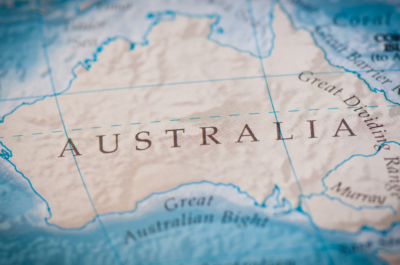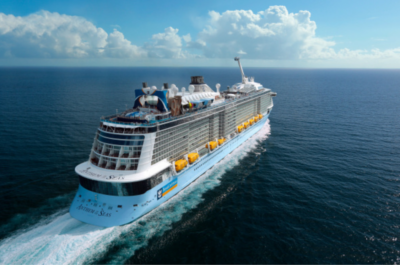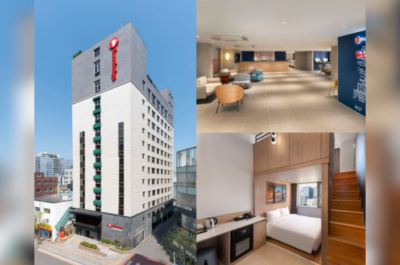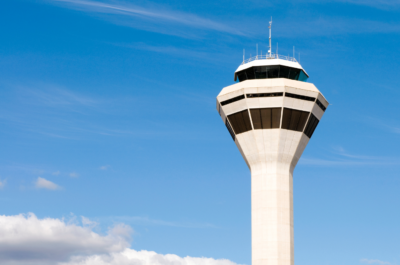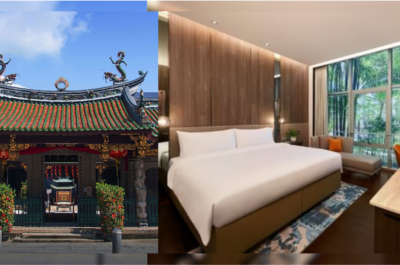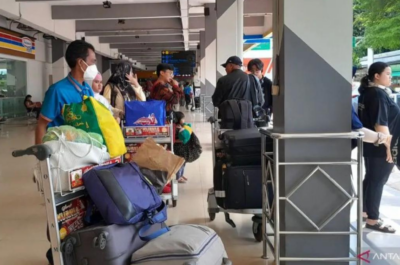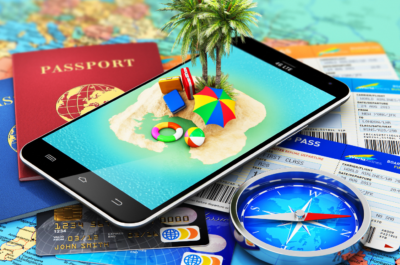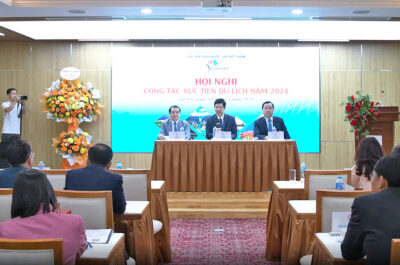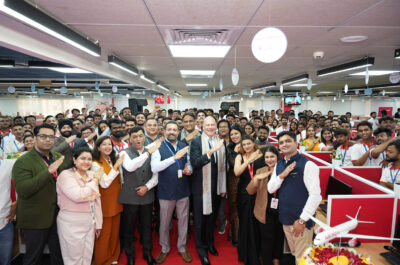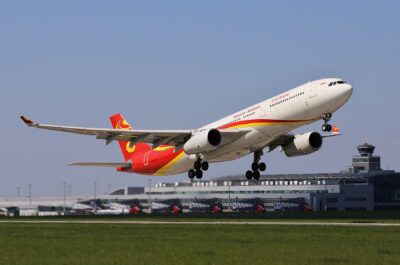…
Now that I have your attention — let`s explore the cost of sales from a number of channels and see where the sales department fits into this measure of revenue generation efficiency.
I have been grappling with the issue of the marginalizing of the sales force by some revenue management models that estimate the gross revenue and ADR at higher levels from almost every other channel than sales. What sales brings to the revenue management table is the functionality of bringing revenue to the other revenue centers of the hotel in addition to rooms. The best revenue management models take this into consideration.
However, let`s examine the cost of sales on a percentage basis from all channels and evaluate the net revenue generated versus the gross. Bear in mind that this is a very general analysis — percentages vary by channel and by franchise. Percentages for hotel sales departments and individual sales managers will also vary based upon the salaries of the sales staff and the revenue generated by market segment within a hotel.
We are going to assume a rate of $100 to keep the math simple. Bear in mind that a single reservation can have overlap among these channels — more on that later:
Franchise CRO: Franchises provide visibility, brand recognition, marketing programs and a Central reservation system to the hotel in exchange for the critical mass of product that franchising enables. The cost for this to the individual hotel is a percentage of gross revenue — sometimes, but not always, including the marketing fee. For this example, we will assume that all fees are inclusive. The simple cost of sale for a $100 reservation received from the Central Reservation Office is approximately $10 to $15. However, after all fees are taken into consideration, it may be much higher. Some franchises charge an additional fee for delivering the members of their frequent guest program, the administration of the program and the perks received by the members of the program for using the brand. This would be an additional charge. There is considerable variation depending upon the franchise and the deal cut at the point of acquisition.
GDS and Third Party Providers: One of the benefits of a franchise is to provide access to the GDS systems. A reservation that originates with the GDS system accrues fees of approximately $10 – $15 and, if a travel agent or another third party provider makes that reservation, you can add another 10% on average or $10. Thus the simple cost of sale from these channels of a $100 room is between $10 to $25.
E-Commerce Channels: The cost of sale from these channels varies widely depending upon numerous factors including the contract cut with each, the allocation, the mark-up, etc. It is the complexity of using these channels that results in the love/hate relationship between the hotels and the channels and it is also for this reason that many franchises now control the access and offerings from their affiliated properties. On average and not including the overlay of a franchise involvement, the cost of sale from the E-commerce channels runs between 15% and 25% or $15 to $25.
Proprietary Web Site: The hotel`s web site and the cost of a reservation associated with it will vary depending whether it is an independent site; that is if it is independent of the franchise or whether it is a page on the franchise site. If it is a reservation from an independent web site that interfaces directly with the PMS, the cost will be approximately $5.00. As the independent web site serves many more purposes than reservations, it is difficult to apply the fees associated with design, management and optimization to the reservation itself. If the same $100 reservation goes through the franchise site the cost of sales will be approximately $10 to $15, again, not taking into account the distribution of all of the associated franchise fees mentioned above.
Hotel Sales Department: Let`s assume that a hotel sales manager is making $60,000 and will generate approximately $1,000,000 in revenue. The cost of sales for that sales person is 6%. For a $100 reservation made directly with the hotel or for a group contracted at that rate that submits a rooming list, the cost of sale for that $100 reservation is $6. This is the lowest cost of sales for that $100 room of all the examples above with the exception of a reservation generated by the independent web site. If one overlays all of the variables above about how the group reservation is made, it is still the lowest originating cost of sales.
I make this point in response to a growing undertone that in some hotel situations, who needs a sales department with the revenue management systems now available. The increasing sophistication of these systems is making it possible for hotels to maximize the revenue opportunities from all channels and that is a wonderful thing!
However, it is important to emphasize that while revenue from Internet channels has increased by approximated 30% in each of the last three to four years while the hotel sales departments in general have not posted that magnitude of increase, the cost of sale from a reservation generated from the sales department is still among the lowest from all sources. In addition, sales department generated reservations usually include additional revenue for other revenue drivers within the property such as catering and spa revenue. The good revenue management systems take this into account.
Carol Verret and Tony D`Angelo of CVCT Consulting and Training co-authored this article and work together on the PACT Program, a product of CVCT that measures the productivity of hotel sales departments in relation to a commission based compensation structure.















